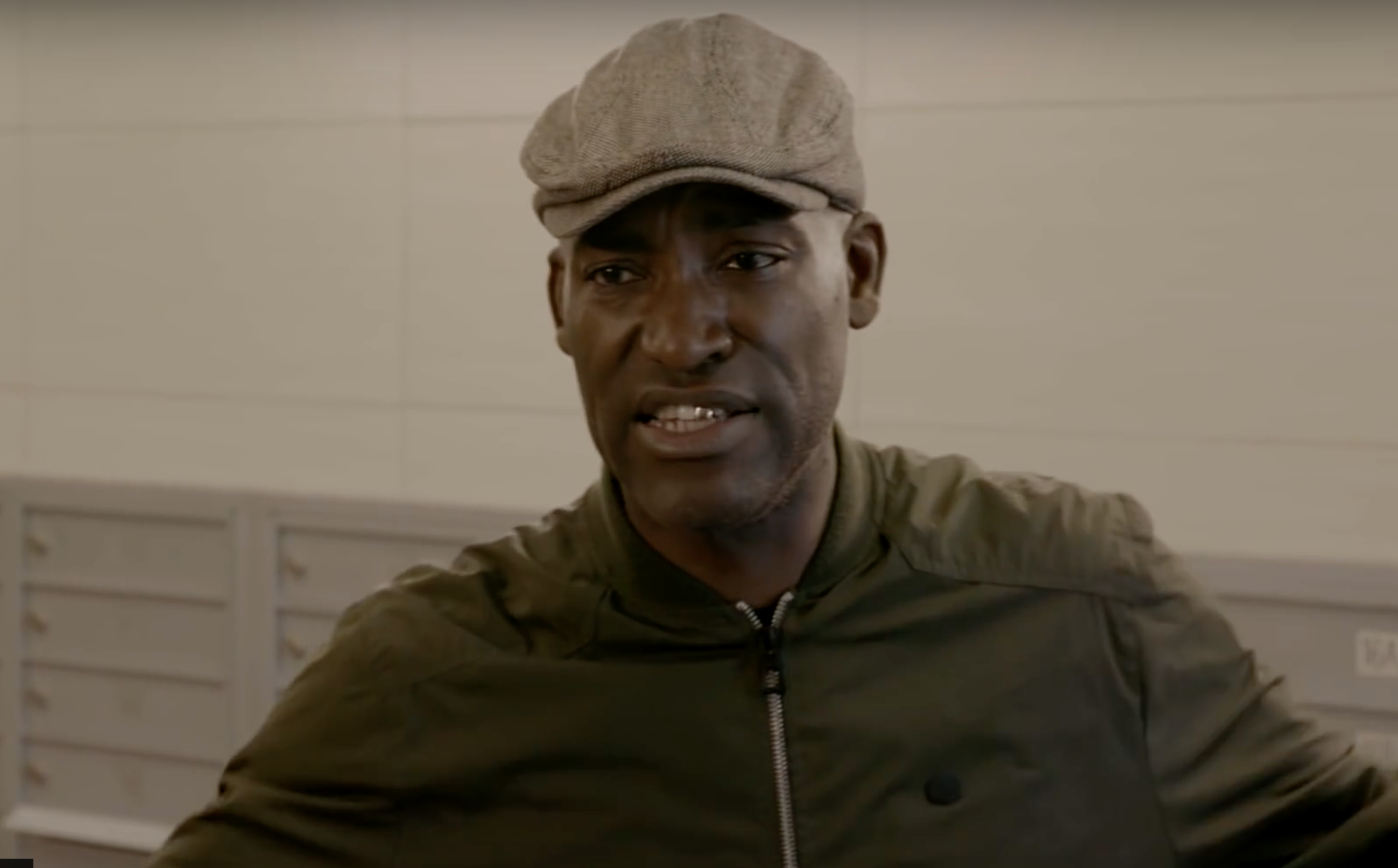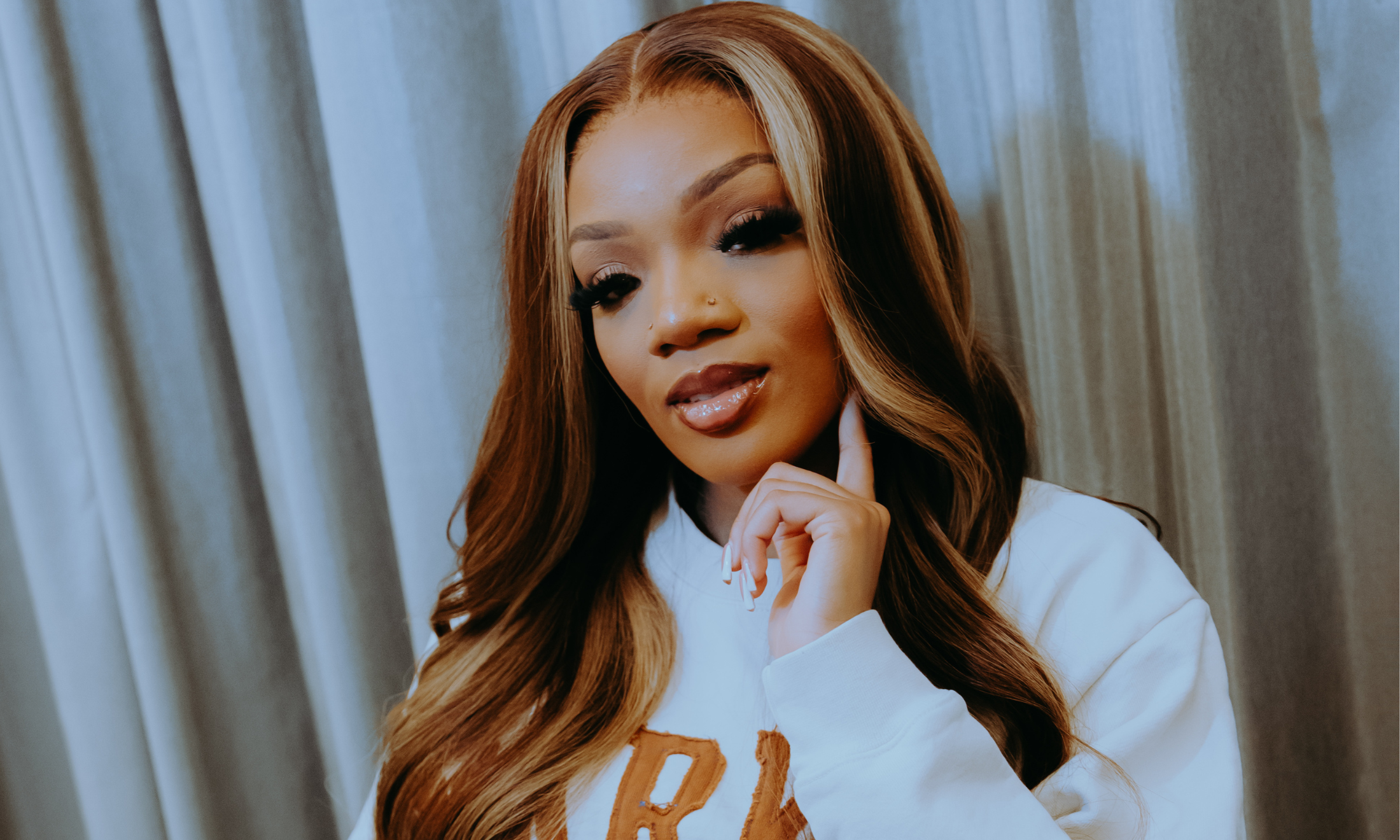
Has any genre of music ever had a more turbulent history than hip hop? Initially created as an art-form in which black musicians had space to share their thoughts and oppose the structures that sought to oppress them, the genre has turned, in the eyes of many, into misogynistic gangsta rap where artists are more interested in guns and hoes than civil rights and liberation. A genre that, as it’s gotten bigger and bigger, has become co-opted and appropriated by white culture. Therefore a new BBC Four documentary, The Hip Hop World News, which is described as “a journey into the volatile heart of hip hop, its misogyny, extreme violence and views on police brutality”, should be seen as a welcome breath of fresh air. A documentary ready to trace hip hop back to its roots and remind us of just what an important and vital genre it truly is? Well, if this is the case, why did I find it leaving a bitter taste in my mouth?
The Hip Hop World News, presented by prestige British rapper Rodney P, is the latest in BBC Four’s genre-themed Friday night scheduling, (where they premiere a documentary before following it up with a live music clipshow.) It is a documentary that promises to contextualise hip hop within a world context, and use it to “reveal a fascinating alternative version of reality”. From this description alone I was hooked – in the summer of 2015 I fell hard for hip hop, with the fervour of Sanaa Lathan’s voiceover at the beginning of Brown Sugar, or a white boy who’s just got into Tupac. I’m always ready to learn more about the growth of the genre so I found the structure of the documentary a little disappointing – rather than taking a historical approach, the programme is divided into sections dealing with specific issues that connect to hip hop, such as “the police”, “women”, and “religion”. While this is an interesting way of showing different varieties of hip hop music and varying topics that are covered in lyrics, it does mean that a viewer is either supposed to come already equipped with a knowledge of hip hop music, or pick it up from the scattered historical segments throughout the documentary.
In a world rife with trigger warnings, I suppose I should at least be relieved that I’m offered one before the programme starts – “very strong and racial language from the start and scenes that viewers may find upsetting” are included in this doc, the nice white BBC voiceover lady tells me. Interesting, but I’m too excited about watching it to give it much more thought. Yet what I initially found to be a warning about showing some grizzly music videos led to my first grievance with the programme – its section on the police. Rodney P traces the rise of rappers using music to discuss police brutality, rightfully highlighting the music of N.W.A and Kendrick Lamar among others. The programme uses visuals from Lamar’s powerful video for ‘Alright’, which speaks for itself and tells an audience exactly all they need to know about the relationship between African-Americans, hip hop and police brutality. But for some reason, those behind the documentary go one step further – they jump from a fictional murder of a black man in the ‘Alright’ video to the Facebook Live video that Philando Castile’s girlfriend, Diamond Reynolds, recorded shortly after Castile was murdered by police.
Unfortunately it didn’t stop here – the programme then cuts back and forth between hip hop videos and footage of the death via asphyxiation of Eric Garner last summer in New York. While I do accept that myself and other viewers were given sufficient warning over the programme containing explicit content, I still find the use of these videos inappropriate. Here, on a TV channel that broadcasts to millions of viewers as well as offering a lucrative free streaming service, black deaths were being broadcasted into my home on a Friday night. There are two awful things about this – firstly, the makers of the show clearly thought that showing music videos about police brutality was not a vivid enough depiction – the only way to really show the struggles of black people and the police was to, well, actually show black people being murdered. Secondly, it’s enough of a struggle to avoid watching these videos on the internet (where one can at least attempt to filter out unwanted content) so to see it neatly edited into a TV show format going out live, and without sufficient warning, is unacceptable.
I did what I do best and wrote some angry tweets aimed at BBC Four, and continued to watch the documentary. I can’t deny it wasn’t enjoyable – getting to hear songs I love, and people singing the praises of some of my absolute favourite artists was always going to be great. But just as I settled back in and attempted to enjoy the rest of the programme, another problem hit. Ladies and gents, it was time to discuss everyone’s favourite problem with hip hop – women! As Rodney P rightly claimed, hip hop’s relationship with women is… complicated. For every passive video vixen, there is an active and strong female rapper, but what the documentary gets horribly wrong is to assume that never the two shall meet. The “women” section opens with footage of Lil Kim and Nicki Minaj doing what they do best – spitting lyrics oozing with a sexuality that they are always in control of. Over footage of Minaj’s iconic feminist video Anaconda, rapper Bree-Z weighs in on the use of sexuality as a commodity in hip hop. “There is another hustle other than the naked hustle…” Bree-Z states. “I never want to see girls compromise their integrity for anything. There are other ways to go about it.” While this is a valid point, by using these words on top of footage from the Anaconda video, the documentary, as so many other hot takes did when the video was released two years ago, seems to claim that Minaj is a victim trapped in the male gaze rather than someone who uses her sexuality to try and subvert it.
What’s worse is that, after Bree-Z’s comments, the programme abruptly jumps to footage of Queen Latifah, Lauryn Hill and Missy Elliott. Now these three women have always been placed on a different level in hip hop – they’re game changers (and quite rightly so) that didn’t have to shake their booties to get fame. But it is hella problematic to compare all these women because first and foremost, there is no right way to get famous – just think of the iconic lyric in Missy’s Work It:
“Girls, girls, get that cash/If it’s 9 to 5 or shaking your ass/Ain’t no shame, ladies do your thing/Just make sure you’re ahead of the game.”
If Missy doesn’t care how women are getting their money, then what business is it of yours? Rappers like Missy and QL aren’t better than Lil Kim and Nicki Minaj, and they shouldn’t be put on a pedestal just because they’re not in bikinis and their lyrics don’t overtly tell you how to eat it. And why is there only one section about female rappers in this documentary anyway? It’s almost as if the film’s researchers decided that women like Sha Rock (first female rapper and member of Funky 4 + 1 whose ‘That’s The Joint’ was recently used on The Get Down, a show where, surprise surprise, there are currently no female rappers) and Sylvia Johnson (producer of ‘Rapper’s Delight’) didn’t make any noticeable contributions, as they are completely removed. Weaving female rappers like all of those above into the programme, as well as artists such as Digable Planet’s Ladybug Mecca, Salt N Pepa, and the abundance of British female rappers like Ms Dynamite, Estelle (who features briefly), Lady Leshurr, Little Simz and Speech Debelle, would be a real way to celebrate female rappers, before then dissecting whether or not hip hop has a woman problem.
Speaking of British rappers, following on from Skepta’s success at the Mercury’s this year and the rise of Grime (read: white mainstream culture and American rap culture finally got on board), it seems absurd that so many are missing. All this from a channel that constantly supports up-and-coming British rappers not just through the Mercury Prize, which it hosts, but through music programmes such as Late Night with Jools Holland. And yet we don’t even see a glimpse of homegrown talent like Dizzee Rascal on the show.
A final lament – much of the programme is focused on the death of “conscious” rap, and the rise of what is referred to as “drug rap”, where rappers either rap about their previous lives as drug dealers, or take on the persona of one. Yeah, a lot of hip hop music is focused on guns, goods and girls, but hasn’t it been this way for a long time? It’s a pretty big assumption to make that most rap music today is this way. I see the climate of hip hop in 2016 as diverse – there are so many artists out there doing different things. But why is there no celebration of rappers pushing forward the “carefree black boy” lifestyle like Chance the Rapper and Yung Thug? Critics on the programme lament the genre’s attitude towards the LGBTQ community, but don’t discuss Cakes Da Killa and Mykki Blanco to counter this. There’s no deconstruction of the loser-at-large that is Drake, a rapper who “spilled all [my] emotion” on his tracks and has rapidly become a meme. And any rap verging on the more experimental – from Outkast and The Roots to newer artists like Roots Manuva and Young Fathers – is left strictly untouched.
While it sounds like I’m bemoaning the entire documentary, The Hip Hop World News is interesting. One thing that’s immediately noticeable is the sheer amount of black people that speak in the film, which makes a nice change from having to listen to some white dude talking about how his life transformed the first time he heard ‘Fight The Power’. The documentary has got its heart in the right place and, along with its presenter, it has passion and cares deeply about its subject. Perhaps it’s asking too much that an hour and a half long documentary about an imperfect musical genre has to be perfect. But whereas hip hop is able to hide its imperfects by celebrating its pioneers, The Hip Hop World News seems to warp the genre and mainly focus on the negatives. Hip hop’s an art form that’s constantly growing and changing, and this documentary could also benefit from a little growth.









